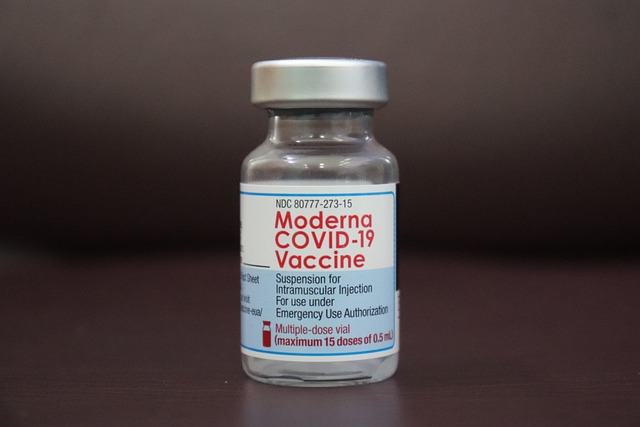The Importance of Vaccinations for Your Canine Companion
As a responsible pet owner, you want to ensure your canine companion stays healthy and protected from diseases. One of the most effective ways to do this is through vaccinations. In this article, we will explore the essential vaccinations for your dog, their benefits, and how often they should be administered.
Vaccinations: The First Line of Defense
Vaccinations are a crucial part of maintaining your dog’s overall health and well-being. By introducing your dog to these vaccines, you can help prevent illnesses and reduce the risk of serious infections. Vaccines work by exposing your dog’s immune system to a weakened or killed form of the disease-causing agent, which then triggers an immune response that helps fight off future infections.
Core Vaccinations: The Essential Ones
There are two main types of vaccinations for dogs: core and non-core vaccines. Core vaccines are essential for all dogs, regardless of age, size, or lifestyle. These include:
- Vaccination against Canine Distemper, Hepatitis, Parvovirus (DHPP)
- Vaccination against Bordetella (also known as Kennel Cough)
- Vaccination against Leptospirosis
These core vaccines protect your dog from some of the most serious and contagious diseases that can affect dogs.
Non-Core Vaccinations: The Optional Ones
Non-core vaccines are not essential for all dogs, but they may be recommended based on your dog’s lifestyle or risk factors. These include:
- Vaccination against Lyme Disease
- Vaccination against Canine Influenza
- Vaccination against Ringworm
These non-core vaccines are often recommended for dogs that spend a lot of time outdoors, engage in high-risk activities (e.g., hunting or herding), or live in areas with high rates of disease transmission.
Maintaining Your Dog’s Dental Health is also crucial to ensure your dog does not get any secondary infections from dental issues. Regular dental check-ups and cleanings can help prevent oral health problems.
How Often Should Vaccinations Be Administered?
The frequency of vaccinations depends on several factors, including the type of vaccine, your dog’s age, and their lifestyle. Typically, core vaccines are administered every 3-4 years, while non-core vaccines may be given annually or biennially.
Choosing the Right Pet Insurance Plan is also essential to ensure you have adequate coverage in case of unexpected veterinary expenses. Research and compare different insurance plans to find one that meets your needs and budget.
Conclusion: Protecting Your Canine Companion’s Health
In conclusion, vaccinations are a vital part of maintaining your dog’s health and well-being. By understanding the essential core and non-core vaccines, you can help protect your dog from serious diseases and ensure they stay healthy for years to come. Remember to consult with your veterinarian to determine the best vaccination schedule for your dog based on their individual needs and risk factors.
Understanding Core and Non-Core Vaccines For Dogs can provide more information on the different types of vaccines and their benefits.

